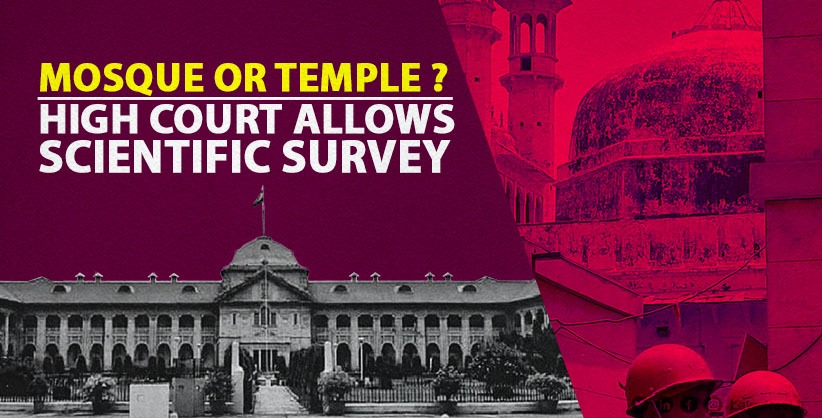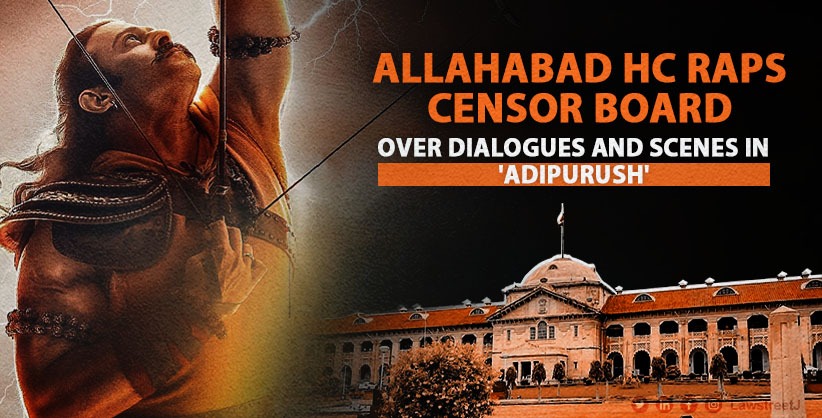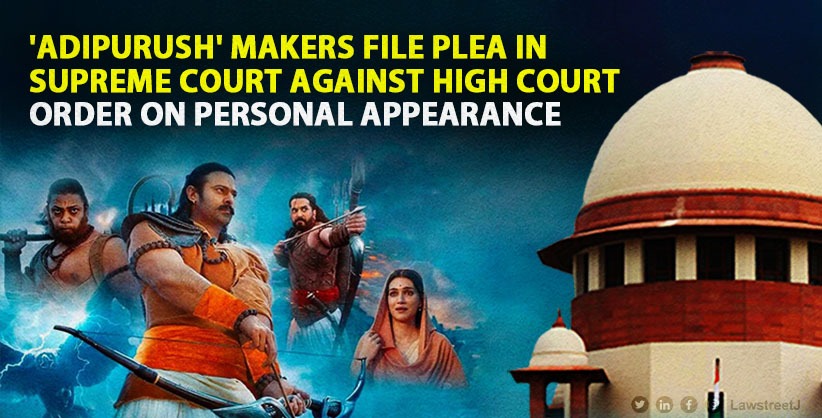NEW DELHI: The Allahabad High Court on Thursday allowed the Archaeological Survey of India to conduct a survey of the Gyanvapi mosque complex in Varanasi to ascertain if current structure was built on a pre-existing temple.
A High Court bench led by Chief Justice Pritinker Diwaker rejected a plea filed by Anjuman Intezamia Masjid, which manages the mosque, challenging the survey ordered by the District Judge on July 21.
The Muslim side has moved the High Court on July 25, a day after the Supreme Court halted the ASI survey till 5 pm on July 26, allowing time for the mosque management committee to appeal against the district court's order.
A Varanasi court had earlier directed the ASI to conduct the survey, including excavations, wherever necessary, to determine if the mosque was built at a place where a temple existed earlier.
District judge A K Vishvesh, however, had ordered the mosque's "wazookhana", where a structure claimed by the Hindu litigants to be a "Shivling" was found during the survey in May, 2022, was not be part of the survey, as the Supreme Court had earlier ordered protecting the spot in the complex.
The court had then directed the ASI to submit a report to the court by August 4, along with video clips and photographs of the survey proceedings.
The Hindu side claimed Kashi Vishwanath temple at Varanasi, one of the twelve Jyotirlingas, was first destroyed by the army of Qutb-ud-din Aibak, in 1194 CE. In 1669 CE, Aurangzeb again destroyed the temple and built the Gyanvapi Mosque in its place. The remains of the erstwhile Temple can be seen in the foundation, the columns and at the rear part of the mosque.






![Allahabad High Court Transfers Krishna Janmabhoomi Cases to Itself for Trial [Transfer Application]](/secure/uploads/2023/05/lj_8689_651a2dc9-7ef5-4c69-b838-e7ca5013da1c.jpg)

![Supreme Court: No Lesser Sentence Under POCSO Act for Aggravated Sexual Assault on Children [Read Judgment]](/secure/uploads/2023/07/lj_8181_e1b61eb9-bc5f-492f-9dd8-8db728be7903.jpg)





